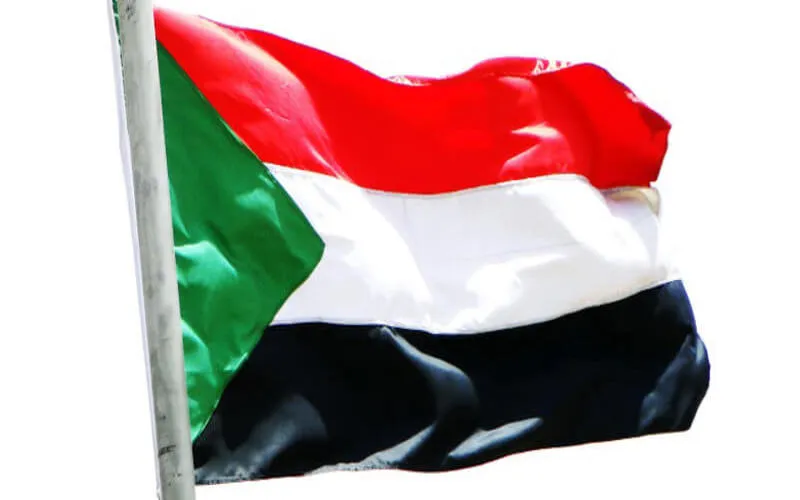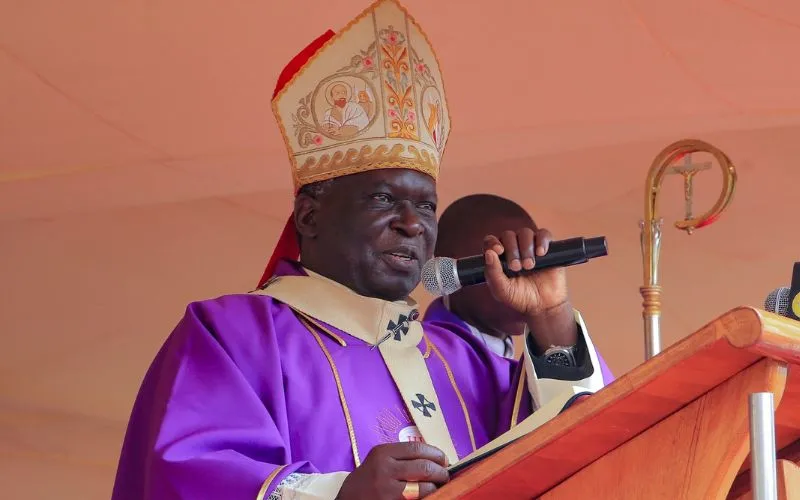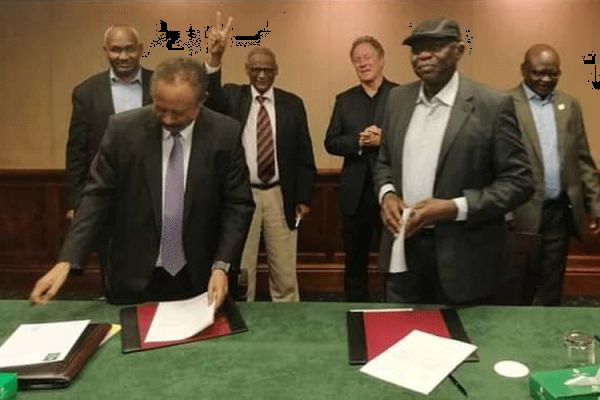The March 28 agreement between the Sudanese government and SPLM-N, a major rebel group from its Southern Nuba Mountains, is expected to pave the way for a final peace agreement by guaranteeing freedom of worship for all citizens.
“No religion shall be imposed on anyone and the state shall not adopt any official religion,” the two officials said in their joint statement.
The agreement seeks to establish “a civil, democratic federal state in Sudan, wherein, the freedom of religion, the freedom of belief and religious practices and worship shall be guaranteed to all Sudanese people by separating the identities of culture, religion, ethnicity and religion from the state,” the two leaders say in the March 28 collective statement.
In the March 31 interview with ACI Africa, the Local Ordinary of Sudan’s El Obeid Diocese who doubles as the President of the Sudan Catholic Bishops’ Conference (SCBC) that includes Bishops in South Sudan said that enshrining the March 28 agreement for a secular state in Sudan’s “permanent constitution” gives citizens some guarantee “that the government is going to respect them in their own Churches and in their own Mosques.”
“What the leaders need to do is to include it to the permanent constitution, giving everybody a right to express his or her religion without preconditions,” Bishop Trille reiterated, and added, “Practically this agreement needs to reach a complete dialogue so that freedom of religion does not only refer to Islam but to all religions in the Sudan.”
The 57-year-old Sudanese Bishop further said, “Many youths in Sudan are happy that this signing between the leaders will contribute to peace building and no Sudanese politician will be using religion as a means of ruling rather than worship.”
“In the Sudan, the politicians perceived the country to have one religion, the Islam; Christians have nowhere to fit and no other religion was considered to exist other than Islam,” Bishop Trille said.
With the agreement for a secular Sudan, he went on to say, “Christians and Muslims will be able now to develop their own Churches and Mosques without hindrance from the government.”
The Bishop who has been at the helm of SCBC since January 2020 expressed optimism about the agreement by the two Sudanese leaders saying, “We hope that in their statement they are going to respect all religions in Sudan and not interfere, so that they consider politics as politics and religion as religion and take the nation as for all Sudanese.”
“This freedom of worshipping God with all our hearts and our minds will be appreciated as between God and man instead of being dictated by somebody on when to pray and how to pray,” Bishop Trille told ACI Africa March 31.








